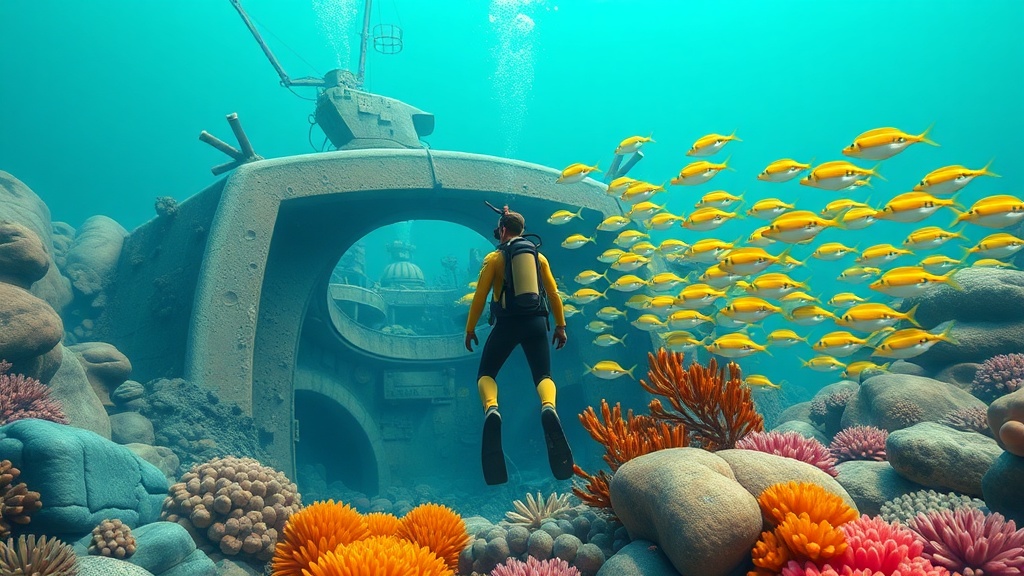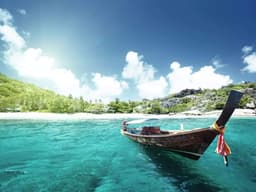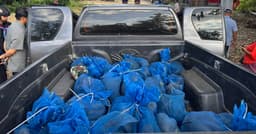Home / Environment / Shipwrecks Breathe New Life into Thailand's Underwater Ecosystems
Shipwrecks Breathe New Life into Thailand's Underwater Ecosystems
31 Oct
Summary
- Thai Navy sinks ships to create artificial reefs and dive sites
- Shipwrecks attract endangered fish species and promote reproduction
- Dive tourism helps protect natural reefs from overfishing

In 2023, the Royal Thai Navy intentionally submerged two ships, the HTMS Hanhak Sattru and HTMS Suphairin, in the Gulf of Thailand to create artificial reefs and dive sites. Now, just over two years later, marine scientists are revealing the benefits these shipwrecks have brought to the underwater environment.
The wrecks have attracted a variety of fish, including snappers, yellowtail fusiliers, and bannerfish, which now swim through the ships' corridors. Barnacles, algae, and young coral have also started to cling to the iron ladders and machine-guns on deck. Researchers have found that the shipwrecks have not only pulled fish from nearby natural reefs, but have also created a habitat for new fish to reproduce, including endangered species.
This is significant, as it means the shipwrecks can be used as a tool to boost fish stocks in the region, where numbers have been depleting due to climate change and overtourism. Additionally, the presence of dive boats around the wrecks acts as a deterrent to fishers, providing a level of protection for the marine life. The shipwrecks also offer an alternative spot for divers to explore, reducing the pressure on Thailand's natural reefs, which are succumbing to various threats.
The Thai government has been proactive in pursuing coral conservation and habitat creation, installing different types of artificial reefs along the country's coastlines since the 1970s. This latest initiative to sink ships and create new underwater ecosystems is part of Thailand's commitment to protect 30% of the world's land and ocean by 2030, driven by the country's deep-rooted spiritual and cultural relationship with the sea and its wildlife.




